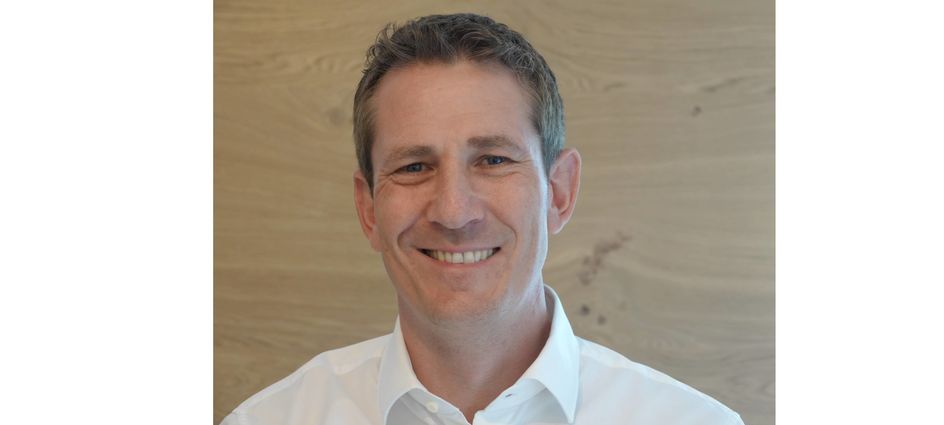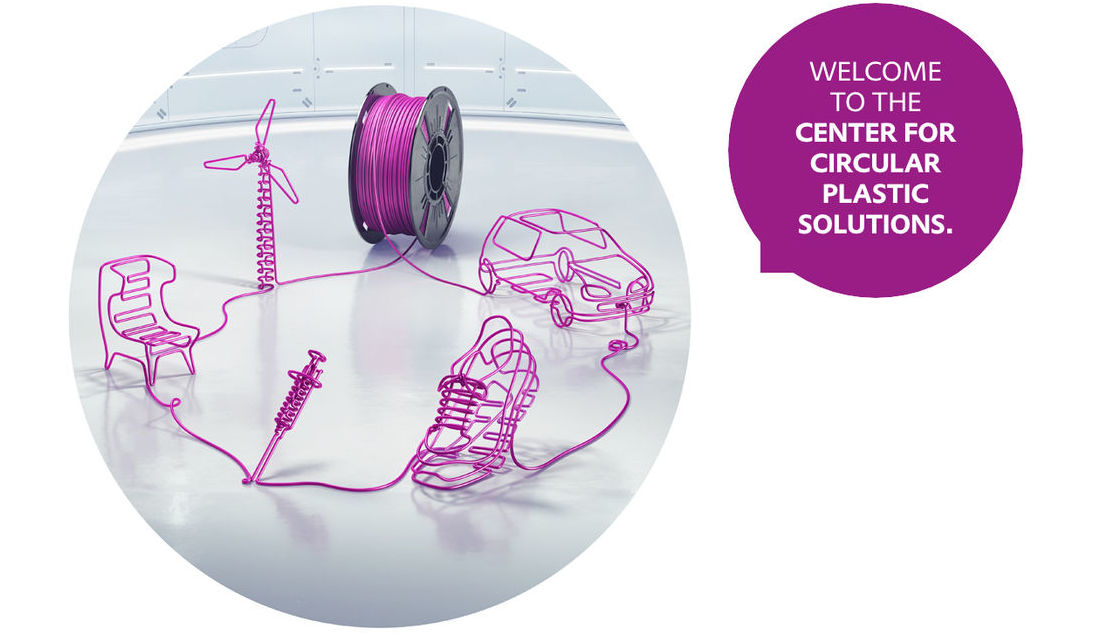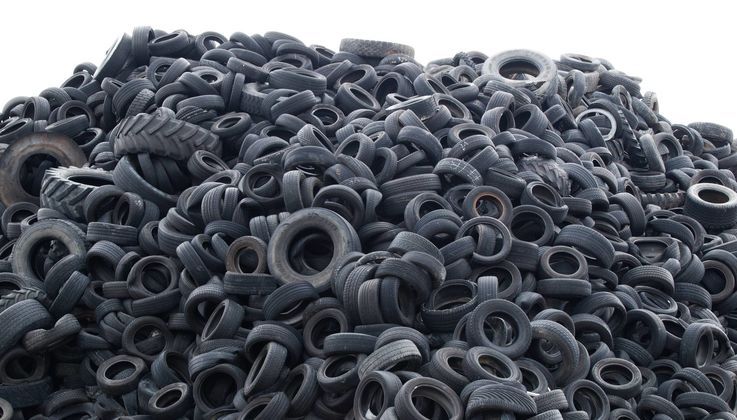Circular Plastics
On the way to a circular economy
Evonik is pooling its circular plastics expertise in a new global program. In this interview, the program manager, Patrick Glöckner, explains why the topic has a future at Evonik and outlines the solutions already available from this specialty chemicals company.
Mr. Glöckner, as a specialty chemicals company Evonik produces high-performance polymers, not commodity plastics. So why has the company just launched a global circular plastics program?
Patrick Glöckner: Plastics are far superior to many other materials so their applications and the quantities used are continuing to rise steadily. However, the consequences of thoughtless disposal of plastics are clear for us all to see. At Evonik, we’ve decided to pool our expertise in the field of circular plastics in a global program because we need to find solutions to the associated challenges. For example, we’ll be looking at the efficiency of the recycling process and production of plastic recyclate that is competitive in terms of cost and quality. I’m convinced that Evonik can make a key contribution to a functioning circular economy—along the entire value chain.
You’re in charge of the global circular plastics program. What motivates you?
Patrick Glöckner: Leading the program is a challenge for me, but it's also my passion. I’m a polymer chemist and I’ve worked for Evonik since 2001. Most recently, I was responsible for setting up cross-sector cooperations with strategic innovation partners. I really enjoy building bridges and initiating alliances, using my networks, and working for the benefit of everyone. We can only establish a circular economy if we bring together companies from a wide range of sectors and work together across corporate boundaries. That is precisely the challenge I’m tackling now.

There are definitely many challenges: poor recyclability of composites, the availability of raw materials, a lack of sorting facilities for plastic waste, to mention just a few. What solutions can the specialty chemicals sector offer? Can you give some examples of what Evonik and its products are doing?
Patrick Glöckner: We're working on various technologies for mechanical and chemical recycling. We've developed chemical recycling processes to recover monomers, the basic building blocks of plastics, from PET packaging. They can be used to produce new polymers for PET bottles or other applications. And naturally there is plenty of potential to develop applications for plastics. Here are a few examples: Evonik's portfolio contains additives that allow particularly cost-effective mechanical recycling and help to significantly improve the quality of recyclates. Improving quality means facilitating further high-quality applications. For instance, the color and odor of packaging recyclate can be reduced and that greatly increases its potential applications. With our additives and process know-how, rubber from old tires can be used in road construction or to manufacture shoe soles, instead of incinerating the tires.
So Evonik sees circular plastics as a topic with a future. How do you intend to tackle it?
Patrick Glöckner: There is a real future for circular plastics in our view, so we're stepping up our focus on this topic at various levels: using sustainable raw materials in the production of our products, developing new recycling technologies, and reviewing established production routes and inputs along the entire value chain. The specialty chemicals industry has the expertise to facilitate the circular economy through mechanical, chemical and rubber recycling.
Why are plastics better than their reputation?
Patrick Glöckner: In many applications, plastics have unrivaled properties. Often, it is these properties that make an application possible, for example, when efficiency is important. Just think about lightweight constructions that greatly reduce the weight of aircraft, which saves fuel and reduces carbon emissions. Polyurethane foams in building facades are excellent insulating materials that help manage the temperature of our homes. And wind turbines could not generate electricity so efficiently without high-performance plastics with optimum resistance to wind and weather. Durability is a really decisive factor in a circular economy because if something lasts longer, it takes longer before it is disposed of as waste.
With a newly launched global program, Evonik is bundling all activities related to circular plastics and further expanding its networks along the entire value chain. The goal: from a linear to a circular economy. The chemical industry is a key sector whose innovative strength is needed to shape new material cycles in a circular economy and, in addition to changing its own value-added and production chains, to help other sectors close cycles. Evonik is now taking up this challenge under the leadership of Patrick Glöckner. The focus is on new ways and concepts for the production of plastics, raw materials, and recycling.



